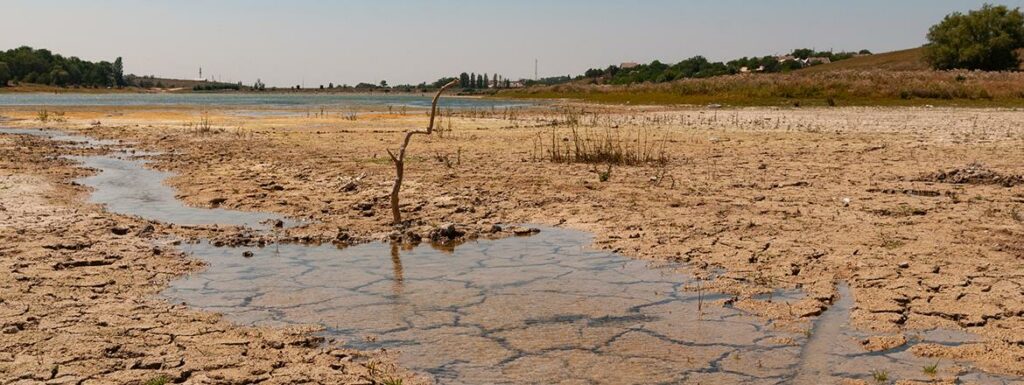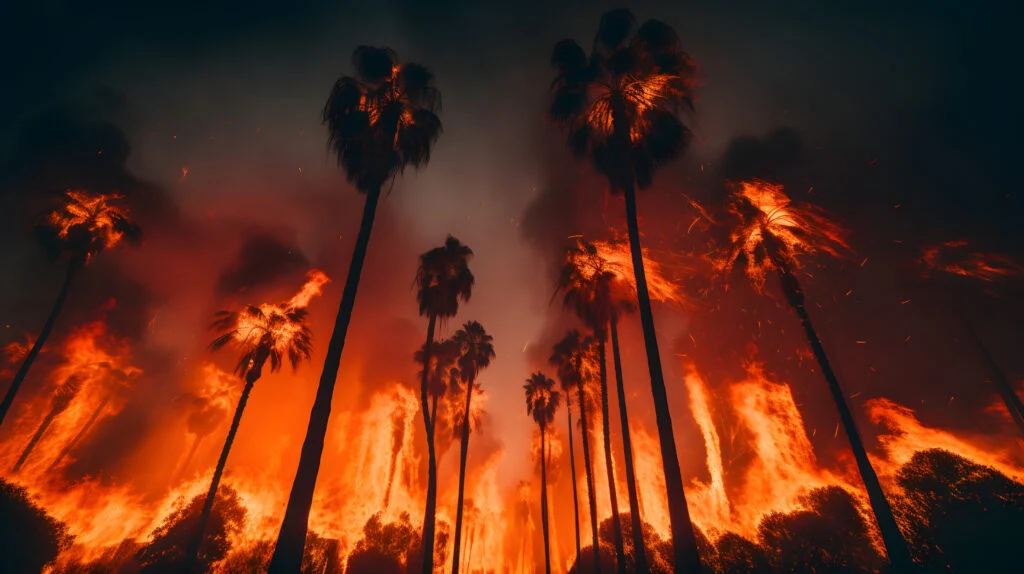In the Not So Wonderful World of Climate Change, everything is bad. Everything. While this year’s fire season raged horribly in Australia the climate alarmists were wailing about the lack of rain. Now that it’s come, it’s bad too, because climate change. “Drought-breaking rain likely to cause greenhouse emissions to rise”, sobs the Sydney Morning Herald.
There’s a certain perverse tactical logic to wanting the fires to continue since they’re now doing the PR work the Amazon fires did last year. But since 2019 was the year climate skepticism died permanently again, like Dracula in the old cheesy horror comics, shouldn’t the prospect of nature bailing out humans in the short run so we can regroup, repent and renounce our carbon sins be welcome?
Apparently not. According to the Morning Herald’s Mike Foley, who is apparently a reporter with a strong opinion bent, the problem is that the drought reduced greenhouse gas emissions from farms. If the drought ends, emissions will rise. “The agriculture sector did most of the heavy lifting in emissions reduction in the year ending May 2019, falling by 4.2 million tonnes to 67.4 million tonnes. It reduced the sector's greenhouse contribution by 5.87 per cent, compared to the electricity sector's 1.15 per cent reduction.” And the reason for this “heavy lifting” was that the drought was hammering food production, especially livestock. Now, alas, there will be fodder, and cows will eat it and there will be beef. Noooooooooo!
Yes. It turns out that in the aforementioned world of climate change the number of farm failures was actually considered good news. Australian ranchers were being devastated by drought and along with them much of that part of the Australian population that insists on eating. But now, to our shock and surprise, there’s going to be food again. And as you know, when cows eat, they fart and there goes the planet. A.k.a. “’A break in the drought could push our emissions so they are again trending upwards,’ Australian National University Climate Change Institute Professor Mark Howden said.”
Food on the table. Woe is us. As usual.


